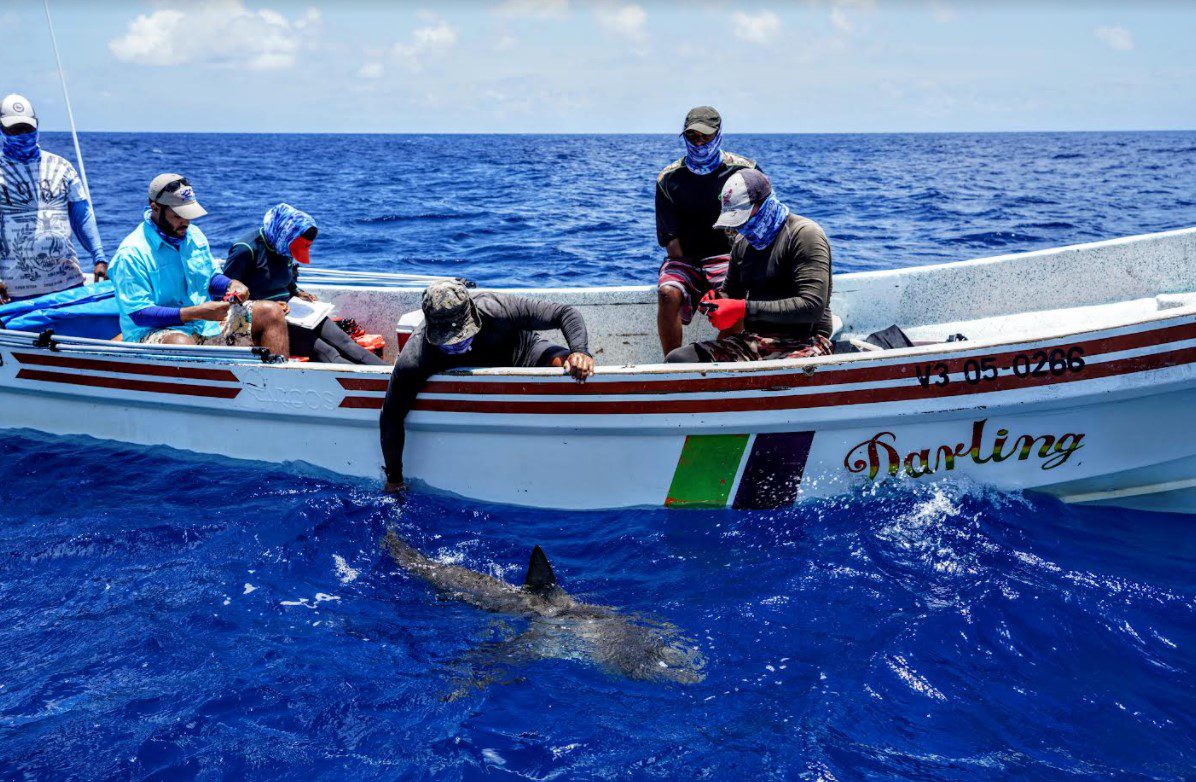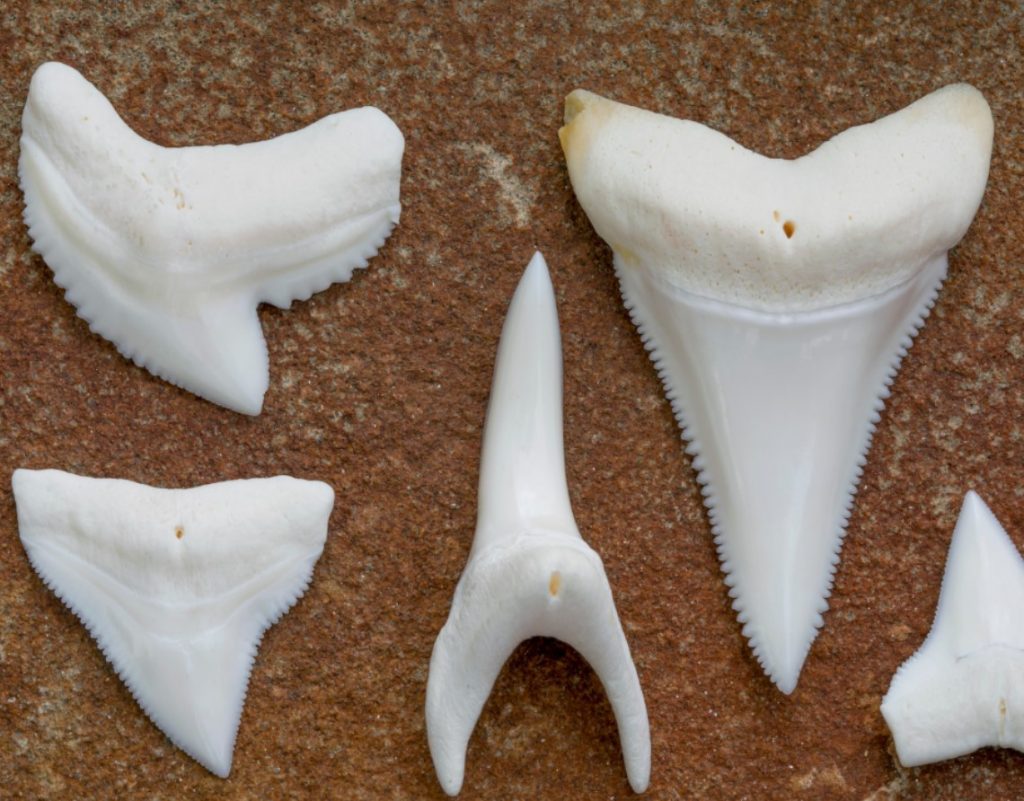As the northern Hemisphere summer segways into fall we are grateful for a season that saw dynamic field work in full swing. We completed our large-scale fisheries independent assessments in several sites in Belize, throughout the Bay Islands of Honduras and in Panama’s Coiba National Park, to better understand the abundance, diversity and distribution of large bodied fish in relation to protected areas and marine management. We are now in the thick of data analyses to yield results by the end of the year that support management and conservation outcomes in 2022. We have a headstart in reaching this objective: one of our partnerships with fishers, funders and authorities is now focused on the development of a fisheries management plan for Panama’s eastern Azuero peninsula based on our years of data collection of small scale fisheries. And our deep water fish and fisheries project also continues to reveal secrets that will help to guide and focus management efforts in the MesoAmerican Reef region. In a new venture, we are gearing up to work with fishers, fisher associations, fisheries managers and market fish sellers to improve the value of wild-caught fish in Pohnpei, Micronesia, as a means to increase income and support for the management and conservation of fish spawning aggregations. We have high hopes that many of the project’s activities and socio-economic processes will be applicable to other countries and programmatic sites.

Despite the languishing we all feel with the continued spectre of Covid-19 and our rising concerns of climate change impacts globally, and specifically the impacts to fishers, coastal communities and the marine wildlife we work with, we have forged ahead with aplomb. We continue to engage fishers in seeking the best avenues in our programmatic countries to foster science for the conservation of sharks and other large marine wildlife through field work, education and training that strengthens partners’ knowledge, skills, voices and ownership of megafauna conservation. In the meantime, we invite you to learn more in this newsletter about a critically threatened fish that most of us have yet to meet in person, and a little documented fishery that we are studying in the seas’ twilight zone.
As ever, and with the broader MarAlliance Team, we are grateful to you for caring for our seas and thank you wholeheartedly for being an ally for marine wildlife, every little action you take to support and improve our seas and wildlife makes a difference. Thank you.
Rachel Graham & The MarAlliance Team



